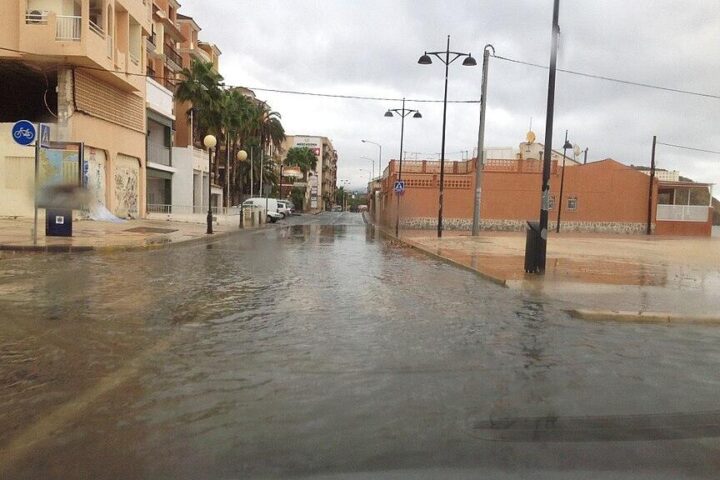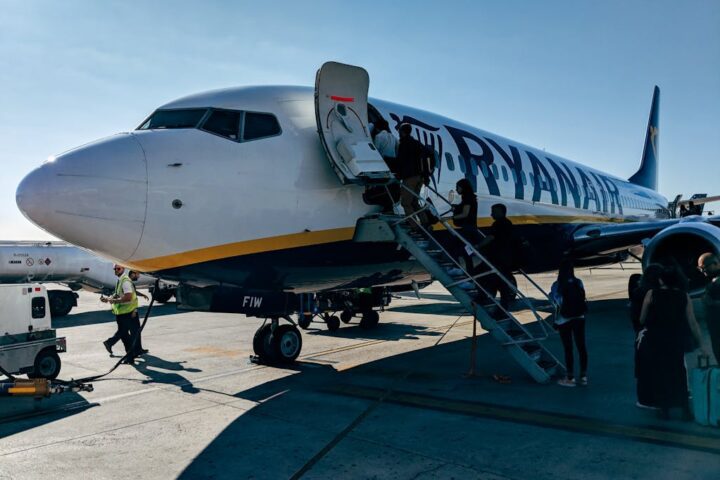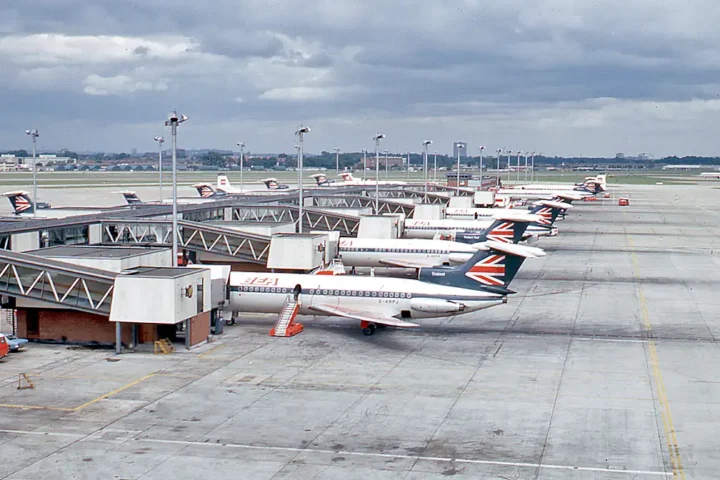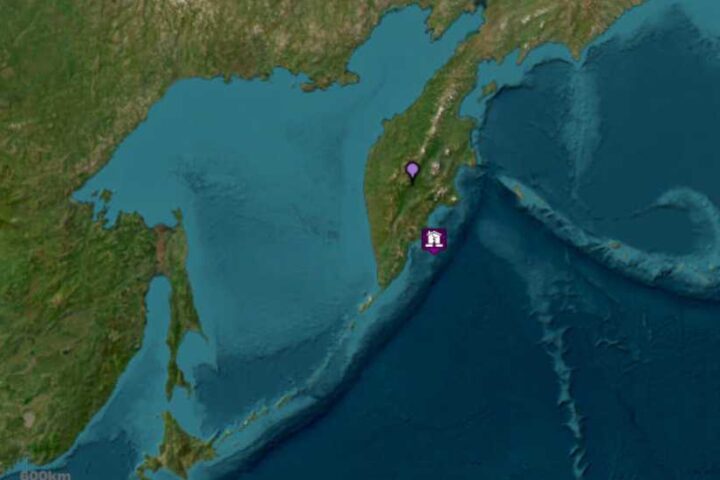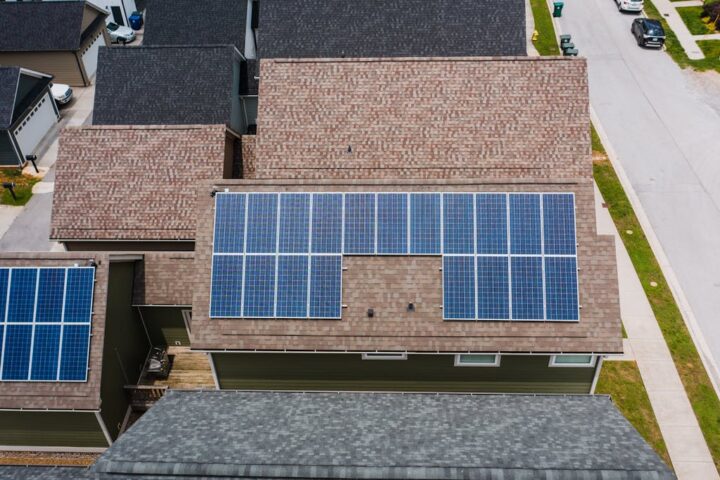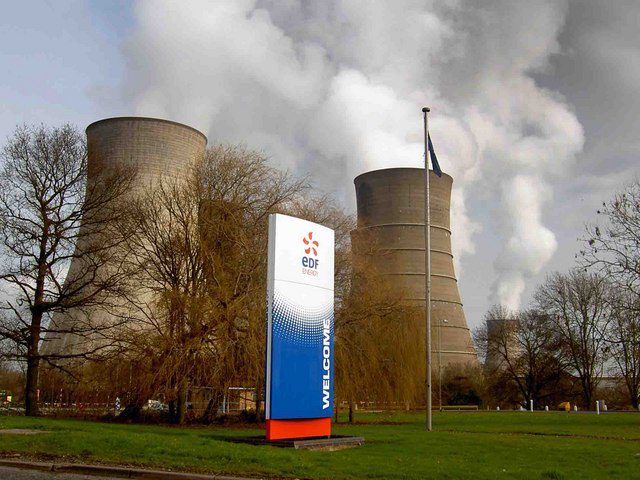The drought-parched lawns of Hampshire tell a story of water allocation during scarcity. Southern Water has banned tanker operators from extracting water from its standpipes after discovering water deliveries to Conholt Park, the Wiltshire estate owned by financial magnate Stephen Schwarzman.
Residents reported seeing up to 30 tankers daily, transferring water from drought-restricted Hampshire to help fill a newly excavated lake across the county line. This occurred while local households faced TUBs (Temporary Use Bans) prohibiting garden hoses and sprinklers.
The situation highlights a regulatory aspect of Britain’s water management framework. Water used for construction purposes is treated differently from domestic use under current regulations, creating a legal pathway for extraction even during drought conditions. This regulatory distinction is defined under water legislation including the Water Industry Act 1991 and Water Resources Act 1991.
“I’m appalled by this use of water,” said Tim McMahon of Southern Water. The utility has implemented an immediate ban on tankers extracting from the affected standpipes and launched an internal review of its monitoring processes.
The standpipe governance question extends beyond simple enforcement. Abstraction licensing, managed through the Environment Agency rather than water companies themselves, creates oversight divisions. Current systems track permitted volumes but may lack destination verification mechanisms for water once extracted.
A spokesperson for Schwarzman stated that water was “sourced through licenced providers responsible for the lawful and proper extraction and delivery.” They maintained that only “a small proportion” of delivered water contributed to lake filling, with the majority supporting legitimate construction and irrigation needs. The estate now employs an advanced irrigation system drawing from multiple water sources.
Hampshire’s aquifer levels have been affected by the driest spring in over 100 years, with the Test and Itchen chalk streams at critically low levels, down 24% on normal flows for this time of year. Meanwhile, drought order restrictions continue for residential customers in the service area.
The volumetric question remains under investigation. Tankers of various sizes transport water for commercial purposes. Resident-reported frequency suggests substantial transfers, though official abstraction logs haven’t been made public. Southern Water’s immediate response included “having robust conversations with those using this water and the companies working on their behalf.”
For households still practicing bucket-watering of essential plants and rainwater harvesting for gardens, the construction exemption has raised questions about water allocation during increasingly frequent drought periods.
The specific exemptions for construction and commercial use are defined in drought plans and applicable regulations. Southern Water is reviewing its monitoring approach in light of this situation.

Residents within drought zones should report suspected misuse directly to Southern Water or the Environment Agency’s incident hotline (0800 80 70 60). Current TUB/NEUB status for specific postcodes can be verified through water company websites or the government’s drought condition checker.
Southern Water has banned tankers from extracting at the standpipes implicated in the deliveries to Conholt Park. The company has expressed disapproval of the practice and is examining monitoring processes. Schwarzman’s representatives state they operated within legal parameters.




